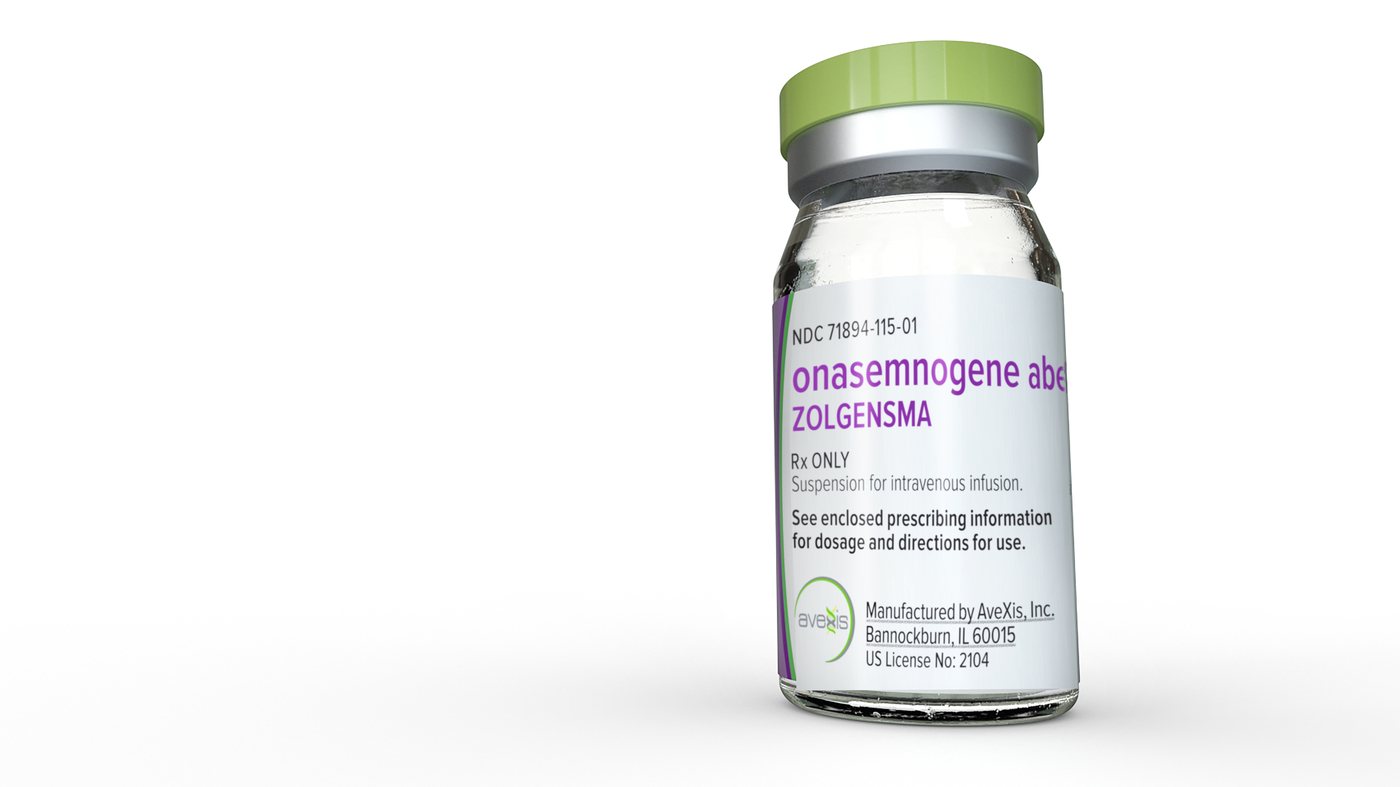A gene therapy once known as the ‘world’s most expensive drug’ will now be provided free of charge by the NHS, though experts believe it could ultimately save the health service money.
The drug, Hemgenix, is priced at £2.6 million per patient, but only a single dose is required. It is the only available treatment for haemophilia B, a bleeding disorder caused by the body’s inability to produce enough of a crucial clotting protein.
Clotting is essential for stopping wounds from bleeding. Without adequate clotting, individuals with haemophilia B face severe, potentially life-threatening blood loss from injuries.
They also risk ‘spontaneous bleeds,’ which can occur without any direct injury and can be fatal if they affect a vital organ.
Hemgenix addresses the problem by replacing the patient’s defective gene, which is incapable of producing the clotting protein, with a functional one. This replacement eliminates the need for frequent injections of clotting agents.
The gene therapy, administered through an IV drip, has been shown in studies to last for at least three years, with hopes that its effects could extend even longer.
In the UK, approximately 2,000 people have haemophilia B, but only an estimated 260 are expected to qualify for Hemgenix through the NHS.
Hemgenix is the brand name for etranacogene dezaparvovec, a gene therapy designed for patients with haemophilia B.
Haemophilia B patients have a defective gene that prevents their bodies from producing a vital clotting factor, essential for forming blood clots and stopping bleeding.
Hemgenix uses a modified virus to deliver a working copy of this gene to the patient’s liver, enabling them to produce their own clotting factor.
Clinical trials indicate that 94 percent of haemophilia B patients who received Hemgenix were able to stop their regular injections of clotting agents.
Not exactly. The medical term for the condition’s improvement is ‘remission,’ meaning the disappearance of symptoms.
Studies show the therapy’s effects last at least three years, with hopes for a longer duration as patient monitoring continues.
Yes, as with all drugs, Hemgenix has potential side effects. Patients must undergo regular liver function tests to monitor for possible dangerous immune responses. Initially, tests are conducted weekly for the first three months and then annually.
There is treatment available for any immune responses. The drug also poses a potential increased risk of cancer due to its integration into cellular DNA, though no cancer cases have been reported so far.
Patients are advised to use contraception for at least a year after treatment due to the risk of ‘shedding,’ where the drug can be transmitted through bodily fluids. Blood donation is also prohibited.

CSL Behring, a pharmaceutical company based in Philadelphia.
Hemgenix costs £2.6 million per patient for a single dose. However, MailOnline reports that the NHS has secured it at a discount.
With around 2,000 people in the UK with haemophilia B, approximately 260 are estimated to be eligible for Hemgenix on the NHS, based on criteria that require patients to have a moderately severe or severe form of the disorder.
Initially, in 2022, Hemgenix was described as the most expensive drug globally, with a price tag of $3.5 million per dose, about £2.8 million.
However, newer gene therapies have surpassed it in cost. The potential total bill to taxpayers could reach approximately £676 million. Still, the NHS’s actual cost is expected to be lower due to the discount.
The UK’s National Institute for Health and Care Excellence (NICE) recommended the drug be available on the NHS on a ‘managed access’ basis, limiting it to patients with ‘moderately severe or severe haemophilia B’ as determined by their doctors.
The availability of Hemgenix will be subject to ongoing reviews regarding its cost-effectiveness, which may lead to its broader distribution in the future.
Elliott Collins, a 34-year-old from Essex with severe haemophilia B who participated in trials five years ago, reported significant improvements.
He shared that his clotting levels have risen from below zero to around 60, a level considered non-haemophiliac.
Collins noted that injuries which previously would have caused significant swelling now result in minimal issues, demonstrating the therapy’s effectiveness.
Professor Amit Nathwani, a haemophilia expert at University College London and a developer of the gene therapy, acknowledged that while the cost per patient is high, it could result in savings for the NHS.
He compared the one-time cost of gene therapy to the lifetime cost of factor concentrate replacement, which exceeds £8 million per patient, suggesting that Hemgenix could be a cost-effective option.
Furthermore, it could reduce the need for life-saving operations and eliminate spontaneous bleeds.
Clive Smith, chair of the Haemophilia Society, praised the approval as a ‘major step forward,’ emphasizing that it could greatly enhance the quality of life for eligible patients by eliminating painful bleeds and reducing hospital visits.
NHS England’s top medical official, Professor Sir Stephen Powis, celebrated the drug’s introduction, highlighting it as a pioneering gene therapy offered at an affordable price.
Hemgenix becomes the first drug available through the NHS’s Innovative Medicines Fund, providing early access while further long-term benefits are assessed.
Eduardo Cabas, general manager of CSL Behring’s UK and Ireland operations, expressed pride in the company’s role in advancing biotech innovation and its commitment to improving the lives of those with rare genetic bleeding disorders.
